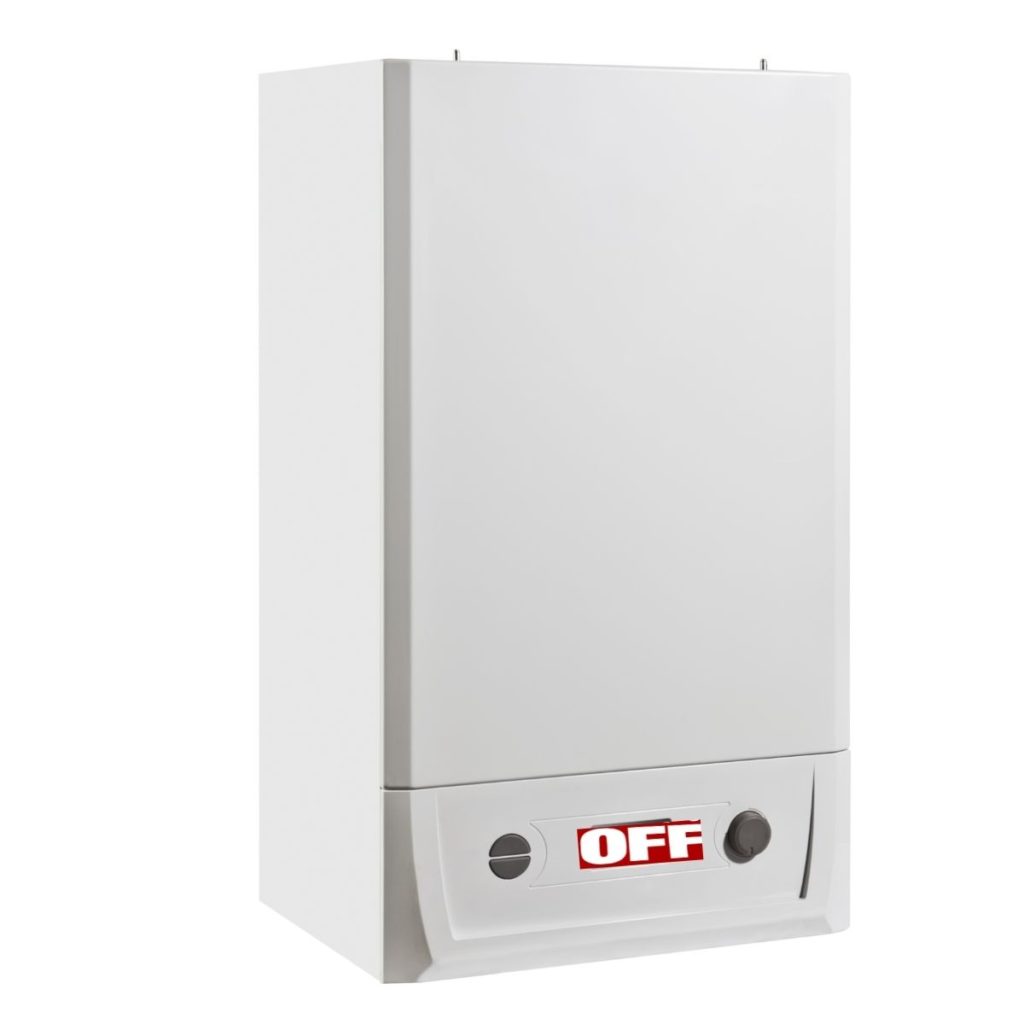When your heating system is not in use, the boiler pressure should typically be between 1 and 1.5 bar. Maintaining boiler pressure within this optimal range when heating is off is important for proper operation and preventing potential issues.

Why Proper Pressure Matters
Keeping the boiler pressure within the recommended range when heating is inactive serves several crucial purposes:
- Prevents leaks – Fluctuations in pressure that are too high or too low can cause undue strain on pipes, joints, valves and other components over time. This can eventually lead to cracks and leaks developing in the system. Maintaining pressure between 1 and 1.5 bar reduces the stress on the system so leaks are less likely to occur.
- Allows proper water circulation – In order for water to circulate properly through the boiler system, including radiators and heat exchangers, it needs to have adequate pressure. If pressure drops too low, circulation can become sluggish or compromised. Proper circulation is vital for even and efficient heating.
- Improves efficiency – When pressure drops below the minimum recommended level, the boiler has to work harder to generate heat and move water through the system. This wastes energy and drives down efficiency. Keeping pressure optimized reduces the boiler’s workload.
- Avoids damage – If boiler pressure becomes too high or too low for extended periods, it can eventually cause internal damage to valves, heat exchangers, pipes and other components. Extreme high pressure can lead to catastrophic failures. Staying in the 1-1.5 bar range avoids damage.
What Impacts Pressure?
Even when the heating system is turned off, there are several factors that can lead to changes in boiler pressure:
- Temperature changes – As temperatures rise and fall, water expands and contracts. This affects pressure levels in the boiler system.
- Minor leaks – Small leaks that go undetected allow pressure to gradually drop over time. Even tiny leaks have an impact.
- Bleeding radiators – This maintenance task releases trapped air from radiators which alters the pressure balance.
- Faulty expansion tank – The expansion tank is designed to absorb pressure increases that occur when the system is operating. If it is defective, pressure can’t be regulated properly.
Maintaining Optimal Pressure
To keep your boiler’s pressure within the proper 1-1.5 bar range when heating is off, the following maintenance is recommended:
- Check pressure gauge – The boiler’s pressure gauge should be monitored regularly to catch any drops or spikes early. Monthly checks are advised.
- Top up water level – If pressure drops below 1 bar, water can be added via the filling loop to bring it back up. Follow manufacturer instructions.
- Bleed radiators – Bleeding the radiators to release trapped air should be done annually or whenever you notice cold spots. This helps rebalance system pressure.
- Inspect for leaks – Visually inspecting the boiler and pipes for any signs of leakage should be done every 6 months. Catching leaks early prevents pressure loss.
- Service expansion tank – Have a heating professional check the expansion tank yearly and recharge it if needed to ensure proper pressure regulation. A thorough boiler service will include this.
FAQs
Q: Can low boiler pressure affect heating performance?
A: Yes, low boiler pressure can lead to reduced heating performance. It may cause your radiators to heat unevenly or not provide sufficient warmth.
Q: Is high boiler pressure dangerous?
A: Excessively high boiler pressure can be dangerous as it may lead to system failures or even explosions. It’s essential to maintain pressure within the safe range.
Q: How often should I check my boiler’s pressure?
A: It’s advisable to check your boiler’s pressure at least once a month when the heating is off. Regular monitoring helps identify issues early on.
Q: Should I turn off the boiler during warmer months?
A: While it’s not necessary to turn off the boiler during warmer months, you can reduce its temperature to save energy and minimize wear on the system.
Q: Can I adjust the boiler pressure myself?
A: Adjusting boiler pressure requires caution and knowledge. If you’re uncertain, it’s best to seek professional assistance to avoid causing damage.
Q: Why does my boiler pressure keep dropping?
A: A drop in boiler pressure can be due to various factors, including leaks, bleeding radiators, or a faulty expansion vessel. Regular inspections can help identify the cause.
Conclusion
Maintaining your boiler pressure between 1 and 1.5 bar when heating is off is crucial for safe operation, efficiency, and longevity. Regular monitoring and maintenance will prevent problems. Following the recommendations above will help keep your system working reliably for many years.
